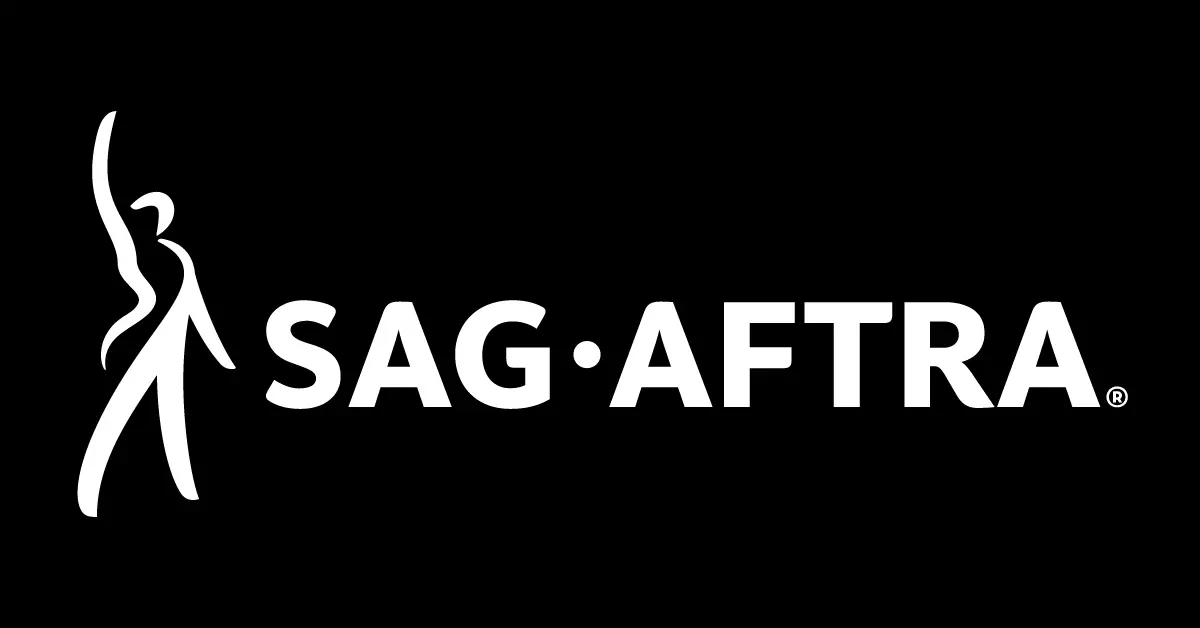The National Board for the Screen Actor’s Guild & American Federation of Television and Radio Artists (SAG-AFTRA) took a vote to strike on July 13, and the result was unanimous.
Following a tentative agreement, union leadership voted to end the strike on November 9, 2023.
Latest Updates
On November 9, 2023, the SAG-AFTRA and AMPTP reached a “tentative” three-year contract agreement, as officially announced by the guild.
According to an article from The Hollywood Reporter, the agreement was approved by SAG-AFTRA on November 8, 2023, which ended the strike the following day. In a statement via the LA Times, SAG-AFTRA wrote:
“In a unanimous vote this afternoon, The SAG-AFTRA TV/Theatrical Committee approved a tentative agreement with the AMPTP bringing an end to the 118-day strike…The strike officially ends at 12:01 AM. on Thursday, November 9.”
This news comes mere weeks after potential negotiations between the two organizations were suspended.
Wage Increases
Under the new tentative deal, actors would receive three wage increases between the ratification date and July 2025. This includes an immediate 7 percent bump, along with a 4 percent increase in July 2024 and a 3.5 percent increase in July 2025. Background actors receive an immediate 11 percent increase, along with a 4 percent increase in July 2024 and a 3.5 percent increase in July 2025.
Residuals Bonuses
Furthermore, the new tentative deal secures an extra $40 million/year bonus to be paid out to actors on top of their existing residuals for work put on streaming platforms.
Informed Consent and Compensation for AI
In terms of AI, the deal requires “informed consent and compensation for the creation and use of digital replicas of [members], living and deceased, whether created on set or licensed for use.”
Better Health/Retirement Benefits
This agreement also establishes higher contributions towards health and retirement benefits for all members of SAG-AFTRA, including an end to longstanding “racist” practices such as “inappropriate wiggings and paintdowns.” Finally, the deal requires that “intimacy coordinators” work on set for nudity and sex scenes, or if requested by an actor.
The voting period lasts from November 14, 2023, to December 5, 2023.
History of the Strike
President Fran Drescher and Executive Director Duncan Crabtree-Ireland put a statement out discussing the developments in a press conference.
“The eyes of the world, and particularly the eyes of labor, are upon us. We are the victims here. We are being victimized by a very greedy entity.”
Fran Drescher
In response to the strike, the Alliance of Motion Picture and Television Producers (AMPTP) came out to say that this decision by Hollywood’s union actors will “lead to financial hardship for countless thousands of people who depend on the industry.”
Key Issues
1. Low Residuals
The reason behind the SAG-AFTRA strike is similar to what caused the WGA strike that began in May of this year. Just like writers, actors are not being paid the same income in residuals from streaming productions that they are from broadcast productions.
Due to the increased consumer demand for streamed content versus broadcast, this has resulted in a lower bottom line for writers and actors over time, especially in the last few years.
2. Rise of Artificial Intelligence (AI)
While ChatGPT has been observed as the primary threat to writers, the key threat to actors in terms of AI is the use of their likeness without prior consent or compensation. This includes traditional film and TV actors but also voice actors, the latter of which is even more in jeopardy.
According to Crabtree-Ireland, Hollywood studios have made shocking offers to actors in terms of AI. When asked what the AMPTP proposed, Crabtree-Ireland said that studios want to scan SAG-AFTRA’s background performers, pay them for a single day of work, then permanently own their likeness for the rest of time. In doing so, the studios will never again have to ask for consent or provide compensation.
The previous contract between SAG-AFTRA and the AMPTP expired on July 12 at 11:59 PM. Negotiations were conducted late into that night but broke down leading to the strike that officially began on July 14, at 12:01 AM.
This represents the first strike by union actors for film and television since 1980. According to Deadline, it’s also the first time that both writers and actors are striking simultaneously since 1960.
A strike on behalf of both writers and actors means that every film and scripted TV show featuring union workers will shut down in the United States and the rest of the world.


 (@CultureCrave)
(@CultureCrave)